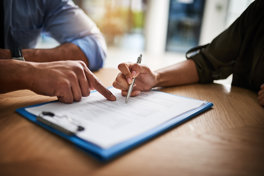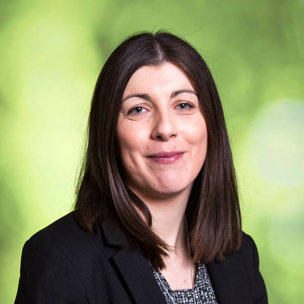Our Abuse Solicitors attended the Association of Personal Injury Lawyers (APIL) abuse conference on 23 June 2022. This is an annual event which welcomes different speakers to discuss areas relating to the work we do for our clients.
Reena Sharma from SV2 provided a presentation on client welfare and the role of the Independent Sexual Violence Advisor (ISVA). The presentation gave an excellent overview of the role of the ISVA, which many survivors of abuse may be unaware of.
Often, survivors of abuse are unaware of the support that is available, not only to assist with their mental health issues but also other difficulties that can follow being abused. In this article, we explore what the role of the ISVA is and how you can locate them.
The Importance of ISVAs for Survivors of Sexual Abuse
What is an ISVA?
An ISVA is an Independent Sexual Violence Advisor who works with victims and survivors of sexual abuse in England and Wales. The role of an ISVA is to help support anyone who has experienced sexual violence, regardless of when it happened. The incident could have happened a few days ago, or even a decade ago.
What Does an ISVA do?
An ISVA provides help, support, and advice to survivors. They also give accurate and impartial information to victims and survivors of sexual violence as well as practical support.
The advice may include how to access other local support services or booking and/or accompanying the victim and survivors to medical or other appointments. For example, they can liaise with your GP and arrange counselling sessions for you. The support they provide is tailored to the individual needs of the victim or survivor.
Other areas an ISVA can help with include:
- Act as your single point of contact
- Communicate with any external agencies
- Advice on sexual health information
- Arrange therapy for both pre-trial and post-trial
- Assist you with any court arrangements
- Provide information on compensation
- Offer techniques such as journalling
- Understanding how your experience can impact you and your loved ones
If you decide to report the incident and go through the Criminal Justice System, the ISVA will offer support. They will communicate with the police and CPS (Crown Prosecution Service) for updates, and let you know the progress at every stage.
ISVAs are independent and offer non- judgmental advice in a safe space.
All ISVAs must receive independent training which is only provided by a small number of providers.








